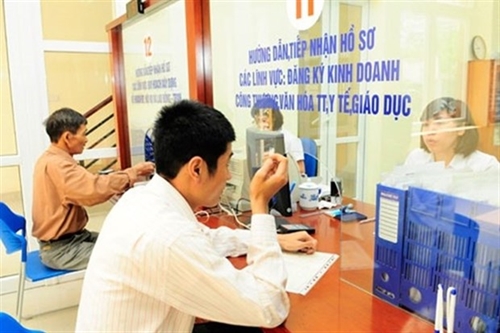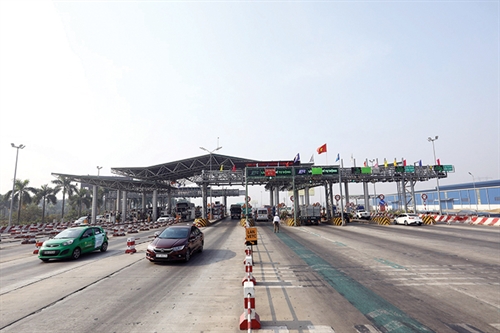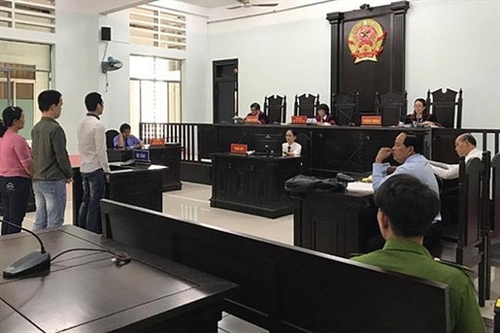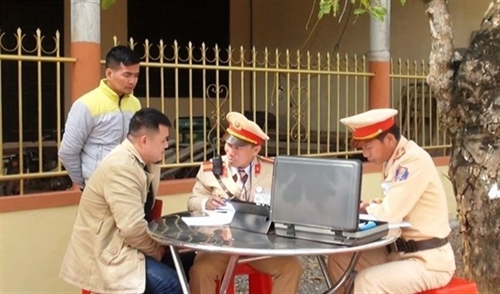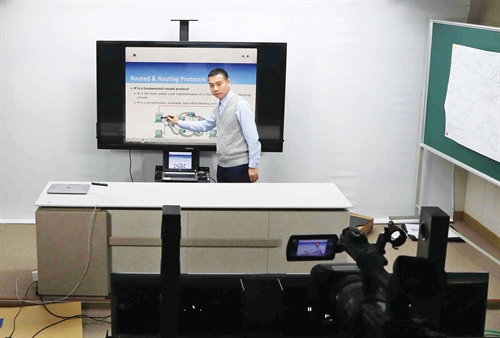From 2021, citizens would no longer need household registration books or temporary residence books to conduct legal transactions.
Such is proposed by the Ministry of Public Security (MPS) in the latest draft of the revised law on residence.
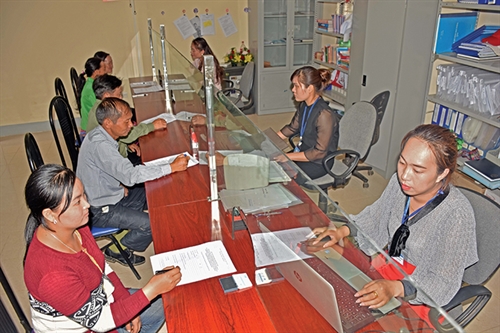 |
| Lao-origin people in Son La province, who have been naturalized in Vietnam, carry out civil status registration procedures__Photo: VNA |
Under the 41-article draft law, Vietnamese citizens’ residence would be managed via personal identification numbers (PIN) instead of household registration books or temporary residence books as currently. All changes in citizens’ permanent and temporary residence would be updated by residence registration and administration agencies on the national population database and residence database that are connected and shared among related ministries, sectors, agencies and units.
PIN-based management of citizen residence would consequently abolish part or the whole of administrative procedures related to household registration books and temporary residence books. However, previously issued lawful papers that contain information collected from household registration books and temporary residence books would remain valid.
Residential information of citizens and their families would be kept confidential. Citizens would be provided with information and documents related to the exercise of their rights to residence if they so request. In addition, they could search for information about their residence registration and require state agencies to protect their residence rights.
In order to limit the “virtual” residence, the MPS proposes deleting permanent residence registration of citizens who are absent from their permanent residence places for more than 12 consecutive months without registering for temporary residence in other places or failing to declare their temporary absence with police forces of the commune, ward or township where permanent residence registration is made. However, they could re-register their former place of residence when returning to their locality.
The draft also adds three more cases in which a person would have his permanent residence registration deleted: (i) he has been permitted to renounce Vietnamese citizenship or the decision permitting him to naturalize in Vietnam is revoked or cancelled; (ii) he has registered permanent residence at a leased or borrowed domicile but the lease or borrowing period has expired and the domicile is now unavailable for lease or borrowing; (iii) the domicile at which he has registered permanent residence is demolished, distrained or confiscated or he has sold the house, ship, boat or vehicle at which he registers permanent residence for 12 months.
Regarding conditions for registration of permanent residence in a centrally run city, the 2006 Law on Residence requires applicants to have been temporarily residing in the city for at least two years. If they want to register permanent residence in an urban district, the required period will be longer, e.g., three years for applicants for permanent residence registration in an urban district of Hanoi.
The draft law also proposes removing the conditions restricting the freedom of residence. Accordingly, citizens who have lawful domiciles in any province or centrally run city may register their permanent residence in that province or city. If their lawful domiciles are leased or borrowed, the lender’s or borrower’s consent is required.- (VLLF)
